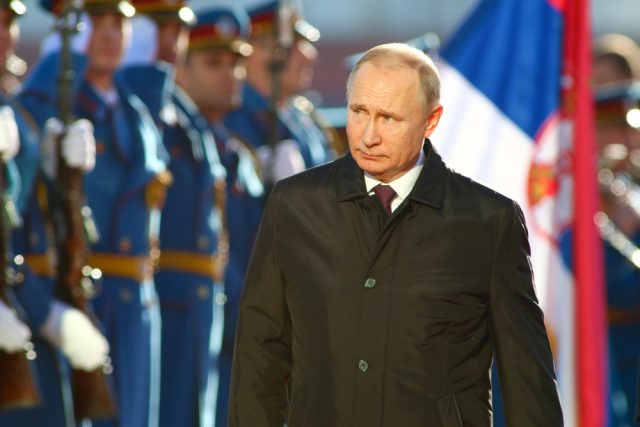
With existing restrictions extended to January 2026, Brussels now eyes a tougher 18th sanctions package targeting Russia’s shadow fleet and energy exports
Brussels – The European Union has formally renewed its sanctions against Russia for another six months, extending the restrictive measures until the end of January 2026. This decision, confirmed Monday morning by the EU Foreign Affairs Council through a written procedure, follows a week of internal discussions and a consensus reached at last week’s summit among the 27 member states.
The move ensures the continuity of the 17 sanctions packages already in place since February 2022, when Russia launched its full-scale invasion of Ukraine. The current set of sanctions, originally set to expire on July 31, includes sweeping restrictions targeting Russia’s economy, financial sector, and key individuals and entities connected to the Kremlin’s war efforts.
Unanimity Amid Quiet Dissent
Despite previous hesitations from countries like Hungary and Slovakia—both of which have historically expressed reservations about the EU’s punitive approach toward Moscow—there was no opposition to the renewal this time. Even these more reluctant members refrained from blocking the procedure, signaling a rare moment of unity in what has otherwise been a fractious and evolving debate over how to handle the Kremlin.
The renewed measures maintain, among other things, the freeze on approximately €210 billion in assets belonging to the Russian central bank. These funds remain immobilized within EU jurisdictions, mostly held via Euroclear, a Brussels-based financial services company. The fate of these assets remains a major point of contention, with legal and political uncertainties surrounding proposals to confiscate them outright or reallocate the profits they generate toward Ukrainian reconstruction.
Eyes on the 18th Sanctions Package
While the extension of existing sanctions preserves the status quo, EU officials are already working on a new, more aggressive round of penalties. The 18th sanctions package, currently under preparation in Brussels, is expected to focus heavily on dismantling Russia’s so-called “shadow fleet”—a covert network of vessels used to circumvent international restrictions on oil exports—and further tightening controls on Russian energy exports.
According to EU sources, the European Commission is holding back the formal introduction of the package until after a key bilateral meeting between Commission President Ursula von der Leyen and Slovak Prime Minister Robert Fico. Fico has voiced concerns about the impact of stricter sanctions on his country’s gas supply, given Slovakia’s ongoing dependency on Russian energy imports.
This delay highlights the balancing act the EU must perform: maintaining pressure on Moscow while accommodating the energy security concerns of more vulnerable member states.
A Divisive Proposal: Lowering the Oil Price Cap
One of the most controversial elements under discussion for the upcoming sanctions package is a potential lowering of the price cap on Russian crude oil—a measure initially introduced by the G7 coalition to limit Moscow’s revenues without disrupting global oil markets.
However, this idea faces significant hurdles. Because the oil price cap is a G7-led initiative, any adjustment would require consensus among all G7 members. There is reportedly growing skepticism among key players, including within the U.S., especially given the political climate surrounding the White House under Donald Trump’s leadership. Even within the EU itself, some member states are cautious about revisiting the cap, fearing unintended consequences for global energy prices and their own economies.
Strategic Patience or Waning Momentum?
The EU’s decision to renew sanctions sends a clear message that it remains committed to supporting Ukraine and maintaining pressure on Russia. However, the slow progress in finalizing the 18th package and the lack of consensus on key elements raise concerns about the bloc’s long-term unity and stamina.
Two years into the war, the EU’s sanction strategy is at a critical juncture. While existing measures have strained Russia’s economy, they have not succeeded in altering the Kremlin’s course. The question now is whether the upcoming measures will bring new strategic pressure—or if political hesitations will dilute their effectiveness. As the conflict grinds on, and with global attention shifting to other geopolitical flashpoints, the EU faces a test of both its resolve and its ability to act collectively in a time of prolonged crisis.



 Subscribe
Subscribe